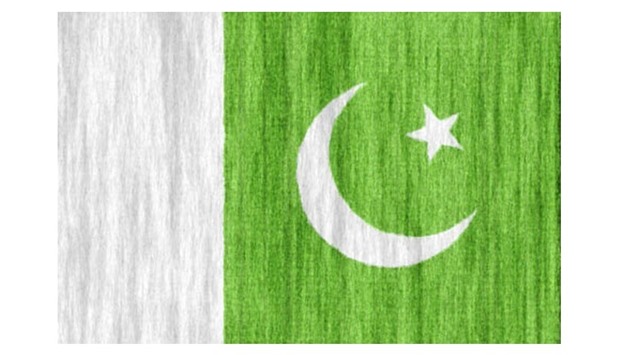Diplomatic sources said that in conversations with Pakistani and Afghan officials, both in Washington and in Islamabad and Kabul, American officials have asked them also to devise a mechanism for resolving their disputes.
The US government was willing to help both governments in finding a common ground for joint actions against the terrorists operating from both sides of the border, the sources said.
Gen John Nicholson, the top US commander in Afghanistan, also indicated this when he told the US Senate’s Armed Services Committee this month that the United States was seeking to set up an “enduring counter-terrorism platform” in
Afghanistan.
He said there could be no peace in Afghanistan without Pakistan’s support and he would urge Pakistani officials to work with the Afghans for
defeating terrorism.
In recent discussions at Washington think-tanks, some American experts on Afghanistan argued that the Trump administration was better placed to play an effective role in bringing peace to the Pak-Afghan region because unlike the Obama administration, it did not have any baggage.
At one discussion, a former State Department official with a vast experience in that region also stressed the need for negotiating with the Afghan Taliban. The official argued that “demonising the Taliban was a mistake as it reduced the room for a dialogue”.
The official pointed out that now that the US administration wanted to engage with the Taliban, “there’s a resistance, particularly here in the United States where people do not understand why their government is talking to the demons”.
Recently, James Dobbins, a former US special representative for Afghanistan and Pakistan, told the Voice of America radio that the United States was always aware of the need to engage the Afghan Taliban and that’s why it placed the Pakistani Taliban (TTP) on its terrorist list but did not designate the Afghan Taliban.
In the case of the Afghan Taliban, “the deterring factor has long been a concern that applying the terror label to the group would restrict US and Afghan government diplomatic contacts with the Taliban, making peace talks more difficult”, the VOA observed.
“There is no doubt that the Taliban occasionally attack civilians intentionally, not accidentally, and that’s the definition of terrorism,” Dobbins said. “And, thus, the designation would be accurate enough.
The question is whether it would serve the US and Afghan government purposes for that step to be taken?”
Dobbins said that the government in Kabul might not support the move to label the Taliban because they “hope eventually to be able to launch some process of reconciliation”.
The Trump administration would go ahead with the designation only if it “wants to create an obstacle to communication with the Taliban”.
A spokesman for Afghan President Ghani told the VOA he was unaware of any proposal to designate the Taliban as a terrorist organisation.
Meanwhile, a spokesperson for the US State Department strongly supported Pakistan’s efforts to eliminate terrorist hideouts.
“We believe that US long-term interests are best served by supporting Pakistan’s efforts to combat violent extremism and build a more stable, tolerant, democratic society,” said the official when asked for comments on Pakistan’s latest anti-terror operation.
“Pakistan has suffered greatly at the hands of terrorists and violent extremists. The United States has long stood in solidarity with the people of Pakistan and all who fight the menace of terrorism,” the official added.
Reports in the Pakistani media suggested that Pakistani troops also shelled some terrorist hideouts along the Afghan border. The action, aimed at targets close to Mohmand and Khyber tribal agencies, caused an angry reaction from the
Afghan government.

